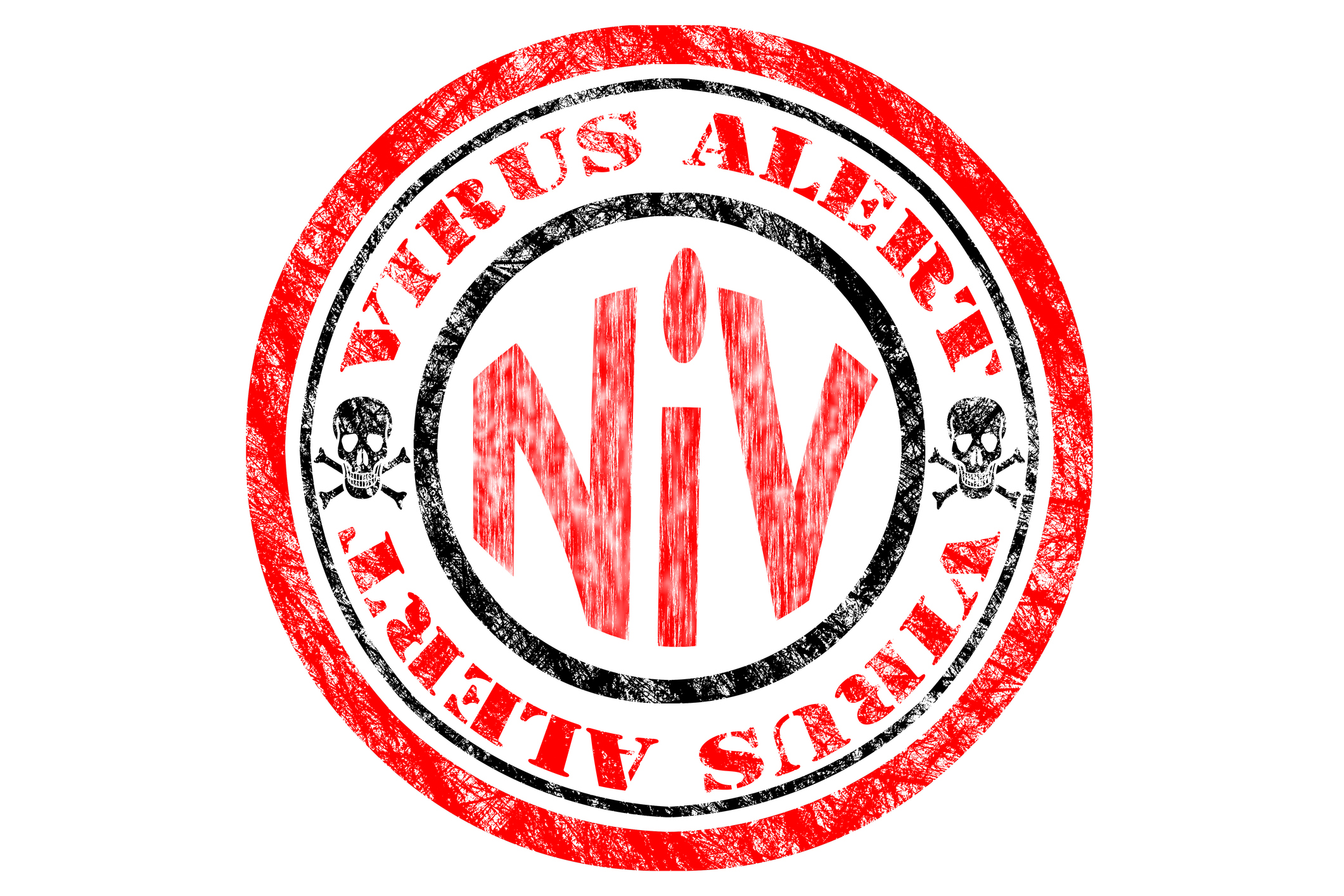The Kerala government on Monday said a college student in Kochi is suspected to have been infected with the Nipah virus but a confirmation is awaited from the National Institute of Virology, Pune.
The Kerala health department has initiated precautions to deal with the possible outbreak of Nipah.
Health minister K.K. Shailaja said in Thiruvananthapuram that isolation wards have been set up at the Kalamassery Medical College Hospital in Kochi, where the 23-year-old had been for three to four days.
Shailaja said there was no need for people to panic as the government has taken all precautionary measures and asked all private hospitals to inform them if suspected cases were reported.
On May 19, 2018, a Nipah virus disease (NiV) outbreak was reported from Kozhikode in Malappuram district.
According to state government figures, the Nipah virus claimed 17 lives -- 14 in Kozhikode and three in neighbouring Malappuram --- in May last year.
According to the WHO, the Nipah virus is a newly emerging disease that can be transmitted from its reservoir (natural wildlife host), the flying foxes (fruit bats), to both animals and humans. It gets its name from Sungai Nipah, a village in Malaysia where it was first identified.
Human infections can range from asymptomatic infection, acute respiratory infection and fatal encephalitis.
Infected people initially develop influenza-like symptoms of fever, headache, myalgia, vomiting and sore throat. This can be followed by dizziness, drowsiness, altered consciousness, and neurological signs that indicate acute encephalitis.
Some people can also experience atypical pneumonia and severe respiratory problems, including acute respiratory distress.
Encephalitis and seizures occur in severe cases, progressing to coma within 24 to 48 hours.
The WHO said, 'In the outbreak in Kerala, we are seeing patients with encephalitis, myocarditis and acute respiratory infection.'










